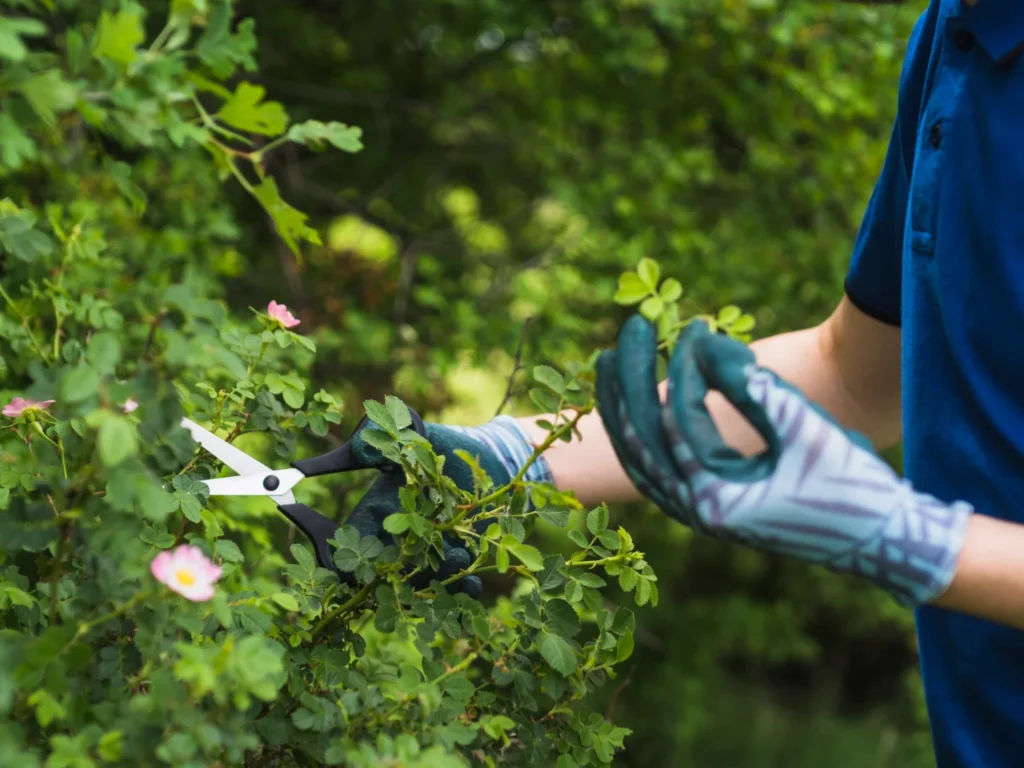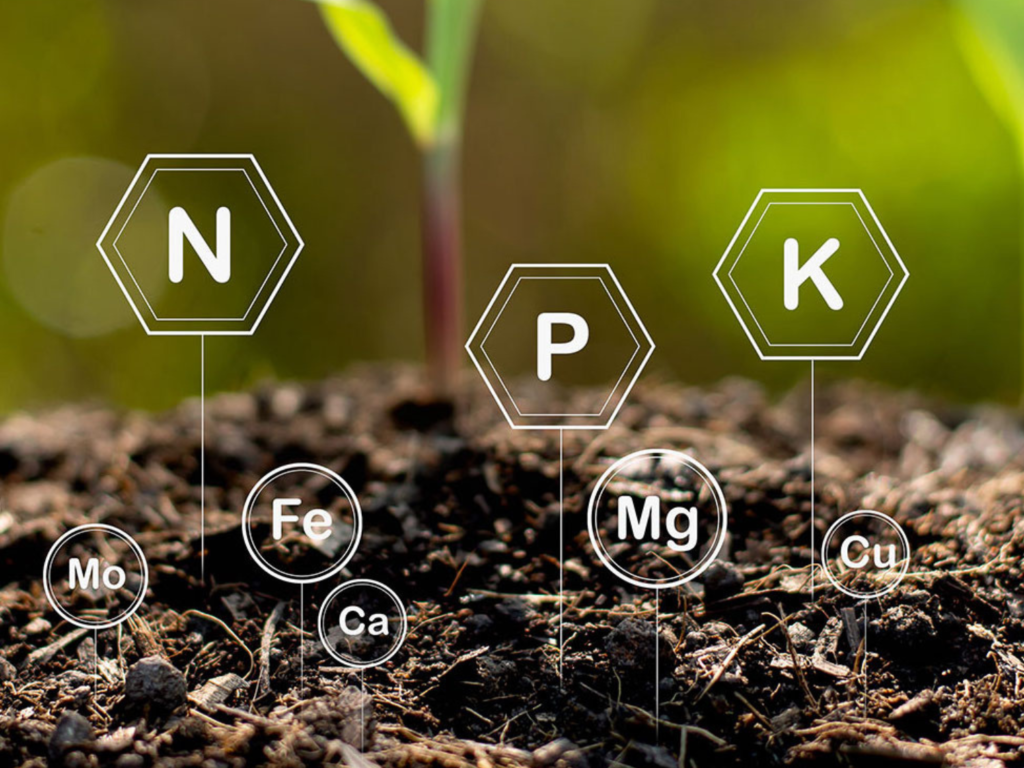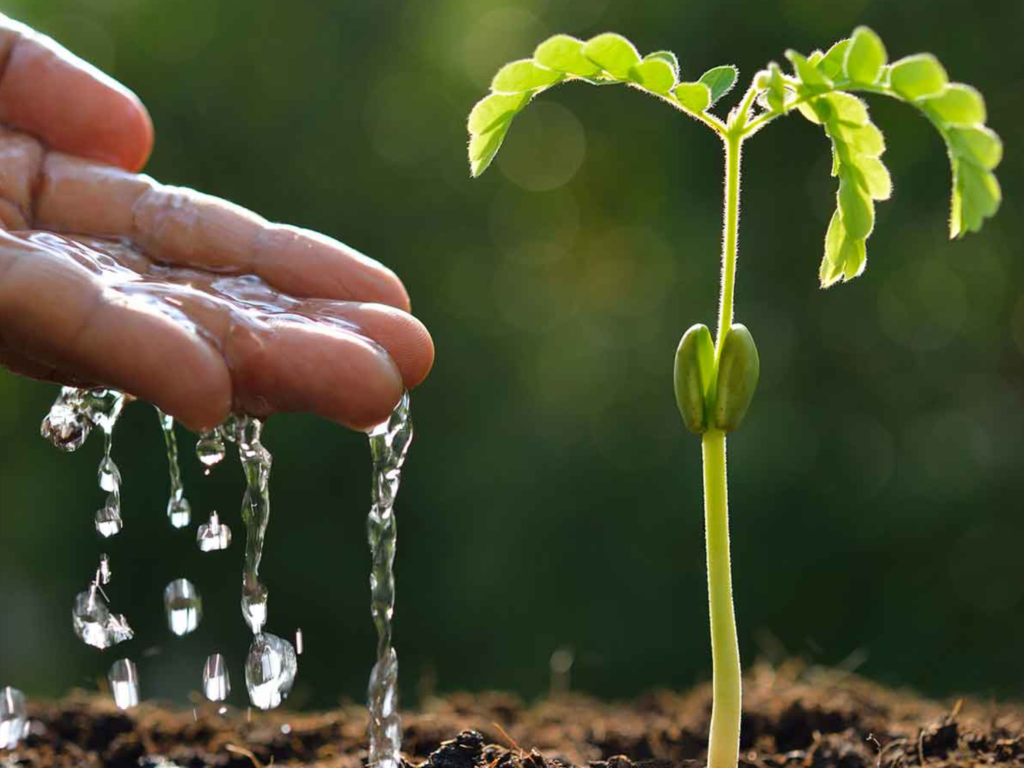
How to Care for Your Plants When an Expert Isn’t Around: A Complete Guide Taking care of plants without expert help may seem tricky, but with the right knowledge, you can keep your plants healthy and beautiful. Whether you’re managing indoor plants or tending to an outdoor garden, this guide will help you understand the basics of plant care that you can do on your own. Let’s dive into the essentials! 1. Understand Your Plant’s Specific Needs Before diving into plant care, it’s important to recognize that each plant has unique requirements. Here’s what to keep in mind: Tip: Use plant labels or care guides that come with plants, or do a quick online search to determine the needs of your specific plant species. 2. Watering the Right Way Overwatering or underwatering is a common issue, but you can avoid this by following these simple tips: Tip: For outdoor plants, consider installing a drip irrigation system. It will keep your plants hydrated without overwatering. 3. Choosing the Right Fertilizer Fertilizer is key to providing your plants with the nutrients they need to grow. Here’s how to pick and apply fertilizer properly: Tip: Always follow the instructions on the fertilizer packaging to avoid overfeeding, which can damage your plant’s roots. 4. Pruning and Deadheading Pruning is essential for healthy growth and keeping your plants looking tidy. Here’s how to do it effectively: Tip: Always use sharp, clean pruning shears to avoid spreading disease between plants. 5. Managing Pests Naturally Pests can harm your plants, but there are natural ways to keep them at bay: Tip: Encourage beneficial insects like ladybugs or spiders in your garden. They naturally help control pests. 6. Consistent Monitoring Regular check-ups are key to keeping your plants healthy. Develop a routine to monitor: Tip: Keep a plant care log. Track watering schedules, fertilization, and any changes in the plant’s health to stay on top of its needs. 7. Repotting When Necessary Over time, plants outgrow their pots. Here’s how to re-pot them effectively: Tip: If your plant looks cramped or stops growing, it’s probably time for a bigger pot. 8. Using the Right Tools and Resources Having the right tools and resources can make plant care much easier. Consider using: 9. Seasonal Care Tips Plant care varies depending on the time of year. Here’s what to remember: 10. When to Call an Expert While this guide equips you with many essential plant care skills, there are times when expert help is necessary: If you encounter any of these issues, don’t hesitate to reach out to a professional for assistance. Conclusion Caring for your plants doesn’t have to be complicated, even when an expert isn’t available. By understanding your plant’s needs, watering and fertilizing properly, pruning, and monitoring for pests, you can keep your plants healthy and thriving. With these tips, you’re well-equipped to give your garden or indoor plants the attention they need to flourish!

Planning a landscape is an exercise in imagination. You need to think, dream…

Butterflies and flowers were made for each other, and there are certain…